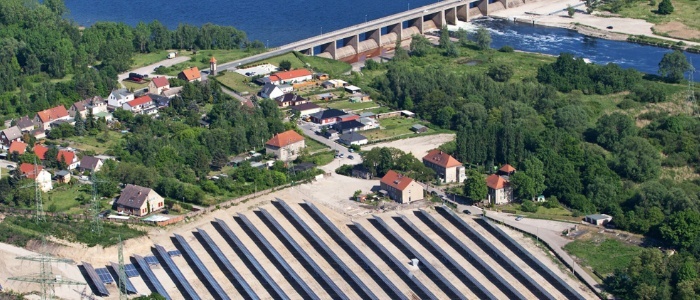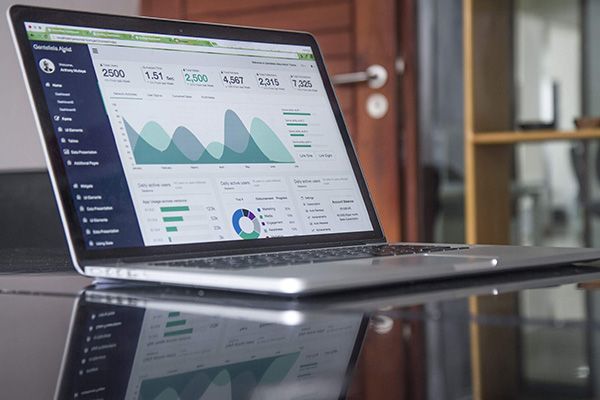Above all, sustainability means being able to pursue your business over the long term, in good times and bad. Resistance to crises and the ability to react to the unexpected are crucial. In the ESG criteria, this applies above all to point "G" - corporate governance. "Sustainability in this form is one thing above all: practiced investment and investor protection," says Markus W. Voigt, Managing Director of aream GmbH.
In the past years, companies often had to prove their resistance to crises. The collapse of Lehman Brothers with the accompanying financial crisis, the Euro national debt crisis, Fukushima, the Ukrainian crisis - in all these cases parts of the economy were severely affected. "Our renewable energy sector was often largely spared," says Voigt. "But we too, had to cope with changesoutside our control, such as the withdrawal of the feed-in tariff in Spain or the cuts in Italy. "
The current pandemic crisis shows once again that sustainability is more than just an ecological and social factor. Above all, those companies that have a robust business model have weathered all crises well. In principle, it is true that increasing complexity, growing dynamism and the unpredictability of events lead to increasing vulnerability. "Very efficient organizations are vulnerable to events that lie outside their vitality window," says Voigt. "The best way to become crisis-proof is to become more robust, to build your own resilience."
Internally, successful crisis management methods must therefore be built into the processes; in addition to the daily routine, a special attention for crisis-related changes must be created and maintained. "New strategies for crisis management must also be developed, tried out and tested, and this in times when things are going well," says Voigt. Rapid reaction to negative events is therefore one point in a crisis management strategy. "It is almost more important to also react quickly to positive changes, for example by absorbing technological leaps immediately and thus making better use of one's own resources," says Voigt.
"Basically, resilience requires a paradigm shift," says Voigt. "Between maximizing profit and survivability, we should choose the latter." In concrete terms, for the renewable energy sector this means that technological developments, for example in the form of artificial intelligence, must be used to optimize the performance of the plants or to reduce downtimes. "From a commercial point of view, investors should make sure that the financing ratios are not too high, i.e. that excessive leverage is not used," says Voigt. "Income insurance should be in place and regularly reviewed and renegotiated, competence in operations with electricity marketing is essential, and cooperation with universities for technology development evaluation is also helpful." Resistant to crises is above all the one who is also prepared in good time for future changes in the overall electricity supply, especially the accelerating trend towards decentralization. Then investments and investors will also be well positioned in the coming crisis.
PRESSEKONTAKT:
Leandra Kiebach
T: +49 (0)211 30 20 60 4-2
E: lk@aream.de


